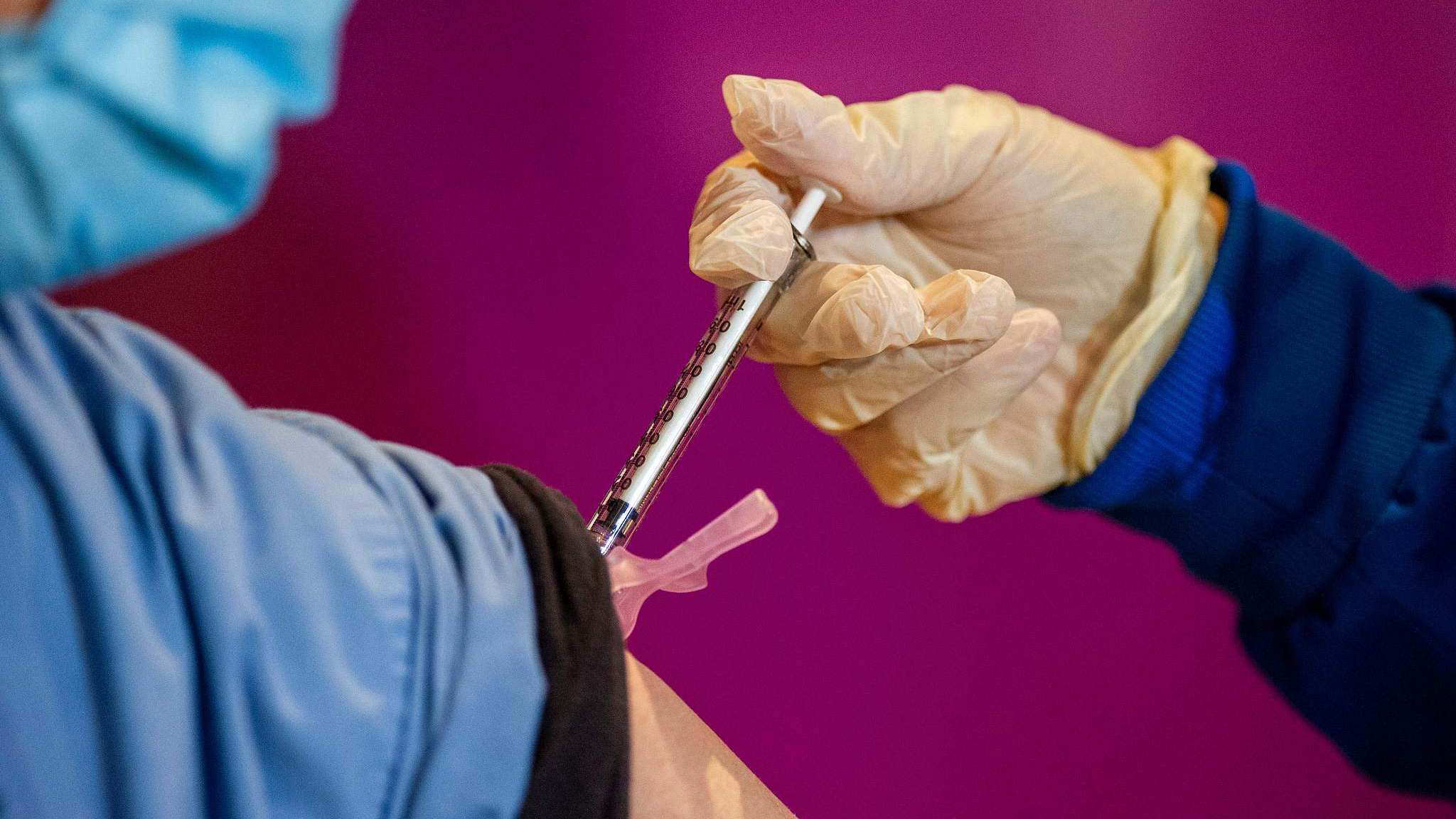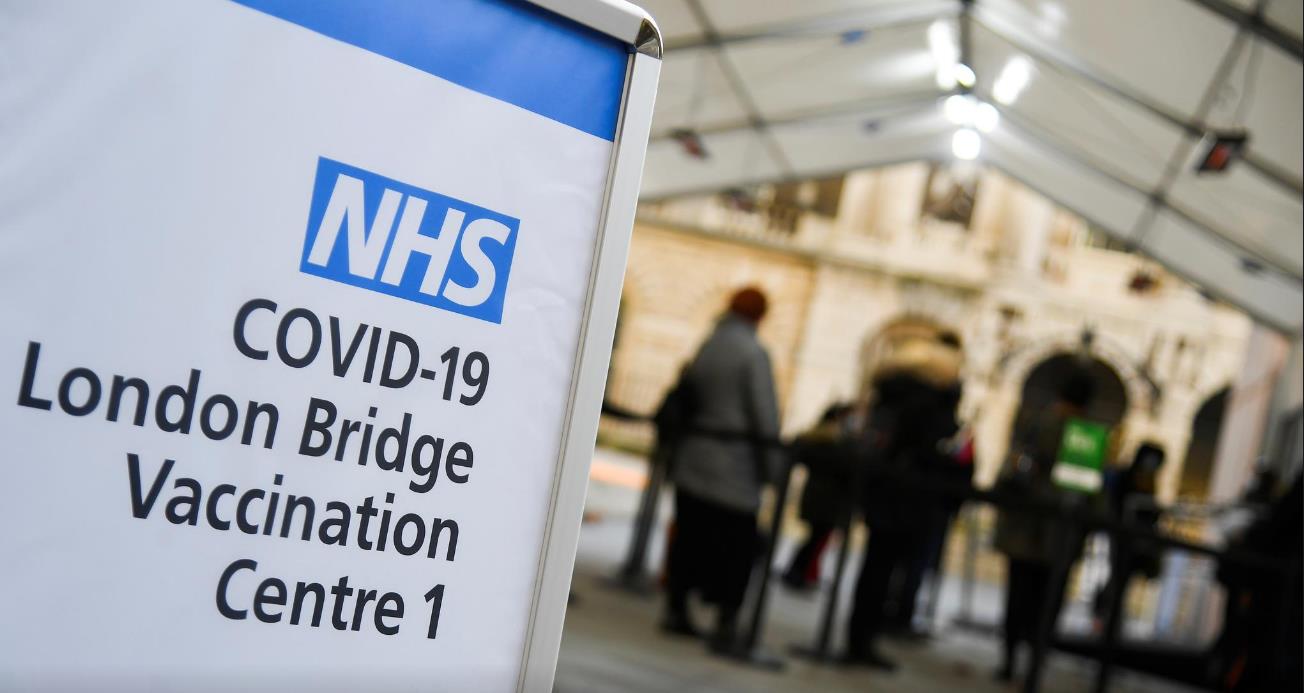
People receiving a COVID-19 vaccine at a medical center in Hartford, Connecticut, U.S., January 4, 2021. /CFP
People receiving a COVID-19 vaccine at a medical center in Hartford, Connecticut, U.S., January 4, 2021. /CFP
The U.S. Food and Drug Administration (FDA) said on Monday that the idea of changing the authorized dosing or schedules of COVID-19 vaccines was premature and not supported by the available data.
The FDA said it had been following discussions and news reports about reducing the number of doses, extending the length of time between doses, cutting the dosage in half, or mixing and matching vaccines in order to immunize more people.
Although these were "reasonable" questions to consider, the U.S. regulator said, "at this time suggesting changes to the FDA-authorized dosing or schedules of these vaccines is premature and not rooted solidly in the available evidence."
"Without appropriate data supporting such changes in vaccine administration, we run a significant risk of placing public health at risk," the agency said in a statement.
Pfizer and partner BioNTech SE as well as Moderna Inc. recently won U.S. emergency use authorization for their vaccine candidates.
The available data continues to support the use of two specified doses of each authorized vaccine at specified intervals, the FDA said.
"For the Pfizer-BioNTech COVID-19 vaccine, the interval is 21 days between the first and second dose. And for the Moderna COVID-19 vaccine, the interval is 28 days between the first and second dose."

People queue as they wait to receive a COVID-19 vaccine at London Bridge vaccination center, London, Britain, December 30, 2020. /Reuters
People queue as they wait to receive a COVID-19 vaccine at London Bridge vaccination center, London, Britain, December 30, 2020. /Reuters
In a departure from other countries' strategies, the British government said last week that people could on rare occasions be given a mix-and-match of two COVID-19 shots, for example if the same vaccine dose was out of stock.
The UK government also announced it would prioritize making sure that more people receive their first dose of a COVID-19 vaccine quickly over giving a second shot to those who have already had one. The decision will apply to both the Pfizer-BioNTech shot, as well as the Oxford-AstraZeneca one.
The dose interval for the Pfizer-BioNTech vaccine in Britain was changed from 21 days to "at least 21 days," and for both vaccines, the second dose was advised to be given up to 12 weeks later.
BioNTech and partner Pfizer warned on Monday that they had no evidence that their jointly-developed vaccine will continue to protect against COVID-19 if the booster shot is given later than tested in trials.
"The safety and efficacy of the vaccine has not been evaluated on different dosing schedules as the majority of trial participants received the second dose within the window specified in the study design," the companies said in a joint statement. "There is no data to demonstrate that protection after the first dose is sustained after 21 days."
Source(s): Reuters

